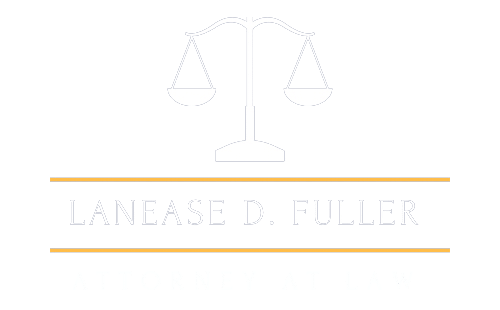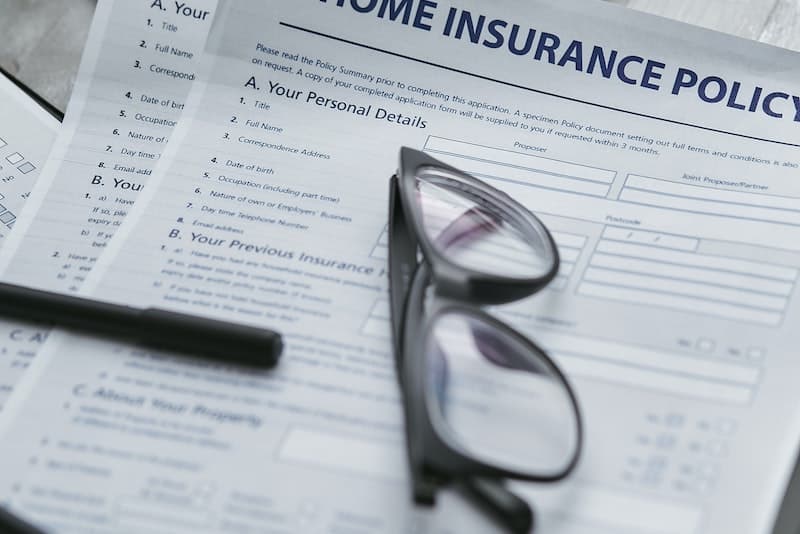When it comes to settling your claim you will want to use caution when talking to insurance adjusters. These adjusters will take advantage of accident victims and do everything in their power to minimize the amount of money they get in their settlement offer. Car accident attorneys are advocates for victims and will help while dealing with insurance companies and adjusters. Never agree to releasing your medical records without first consulting with your attorney.
Tips for Talking With the Other Side’s Insurance Company
The number one thing to remember is that at every moment of every interaction, the insurance adjuster has their company’s best interest in mind, not yours. Their objective is to get you to accept the lowest amount of money possible in the shortest amount of time. That’s the main thing to keep in mind when communicating with the adjuster, and the following tips flow out from there.
Remain Calm and Polite
Although you may still be angry about the accident and your injuries, taking out your anger on the insurance adjuster won’t help you get a fair personal injury settlement. You may not know exactly how or when an insurance adjuster’s goodwill may pay off—in promptly handling your claim, or in believing your version of an issue that’s difficult to prove—so it’s always best to keep your cool and stay professional.
Identify the Person You Speak With
Before you discuss anything, get the name, phone number, and email address of the person you’re speaking with, the name of the insurance company they’re with, and the name of the person or business the company insures.
Give Only Limited Personal Information
You need only tell the insurance adjuster the basics like your full name, address, and phone number. You can also tell them what type of work you do and where you are employed. But at this point, you need not explain or discuss anything else about your work, your schedule, your income, your medical/injury history, or anything else.
Give No Details of the Accident
Insurance adjusters or other representatives may try to get you to “give a statement” about how the accident happened. Or they may simply engage you in conversation during which they will subtly try to get you to tell them about the accident.
Politely refuse to discuss any of the facts except the most basic: where, when, the type of accident, the vehicles involved if it was a traffic accident, and the identity of any witnesses. Say that your investigation of the accident is still continuing and that you will discuss the facts further “at the appropriate time.” Later, you will probably be sending a personal injury demand letter in which you will describe the accident in detail.
Give No Details of Your Injuries
Naturally enough, an insurance adjuster is going to want to know about the nature and extent of your injuries. Do not give a detailed description yet. You might leave something out, or discover an injury later, or your injury may turn out to be worse than you originally thought. If you need to say something, just tell the adjuster that you are “still treating,” and leave it at that. Learn more about how your medical treatment affects the value of your personal injury case.
Take Notes
As soon as your conversation is over, write down all the information you received over the phone, as well as whatever information you gave to (or requests you made of) the person with whom you spoke.
Resist the Push to Settle Immediately
Insurance adjusters sometimes offer a settlement during the first one or two phone calls. Quick settlements like that save the insurance company work. More importantly, they get you to settle for a small amount before you fully understand what your injuries are and how much your personal injury claim is worth. Don’t take the bait. Collecting a settlement may seem like a quick way to get compensation without having to go through the claims process, and the money may be tempting, but you’ll almost certainly be short-changing yourself in the long run.
Set Limits on Conversations
In your first contact with an insurance adjuster, make it clear that you will not be discussing much on the phone. Not only should you give very limited information in this first phone call, as discussed above, but you should also set clear limits on any further phone contact.
There are good reasons to limit your phone conversations with insurance adjusters. Some will call frequently in an attempt to get you to settle quickly, and they can become a real nuisance. It’s good to nip this in the bud.
More important, until you have had a full opportunity to investigate and think about the accident, and to determine the extent of your injuries and other losses (these are your “damages” in legalese), you will not have accurate information to give. And if you give incomplete or inaccurate information on the phone, the insurance company may try to make you stick to it later on.
Refuse to Give Recorded Statements
Many claims adjusters immediately push you to give a tape-recorded statement, or casually ask if they may record your phone conversation, claiming it will protect you later. Do not agree to have any conversation recorded. You have no legal obligation to be recorded, and it is against the law for an adjuster to record you without your permission.
The reason you should refuse is that most people tense up when they know they are being recorded, and they may forget to say important things or could describe things clumsily or incompletely. A verbal statement or conversation is almost never as precise and thorough as the written correspondence you will later send the insurance company. Also, recordings take on far more importance than they deserve as evidence of what happened. It can be nearly impossible later to correct or expand on what you have said in a recording.
Politely but firmly decline an adjuster’s request to record your statements. Tell the adjuster that you’re not comfortable with any kind of recording, and that when you’re ready, you’ll provide all necessary information in writing.
Stay Off Social Media
After you have been injured in a car accident, it is in your best interest to deactivate all social media accounts. Insurance adjusters will look at your online presence in order to discount your claims to injury as well as make judgements against your character.
Experienced Personal Injury Attorney in Houston, Texas
Attorney Fuller is a seasoned attorney with nearly three decades of experience representing a wide range of clients. This includes individuals who have suffered an injury due to another’s actions, individuals facing criminal charges, those who have been arrested for DWI, individuals who have found themselves in a civil litigation dispute, and those looking for legal guidance in business.
After filling out a client intake form, Attorney Lanease D. Fuller will take appropriate action in your case to help you get the results you are looking for. This includes but not limited to gathering evidence, going to trial, and earning a settlement that is appropriate for your specific situation. Reach out to us today to take the first step towards settling your case.
LANEASE D. FULLER LAW
4615 S. Frwy St. 820
Houston, TX 77051
713-439-7400
View our Google Listing


